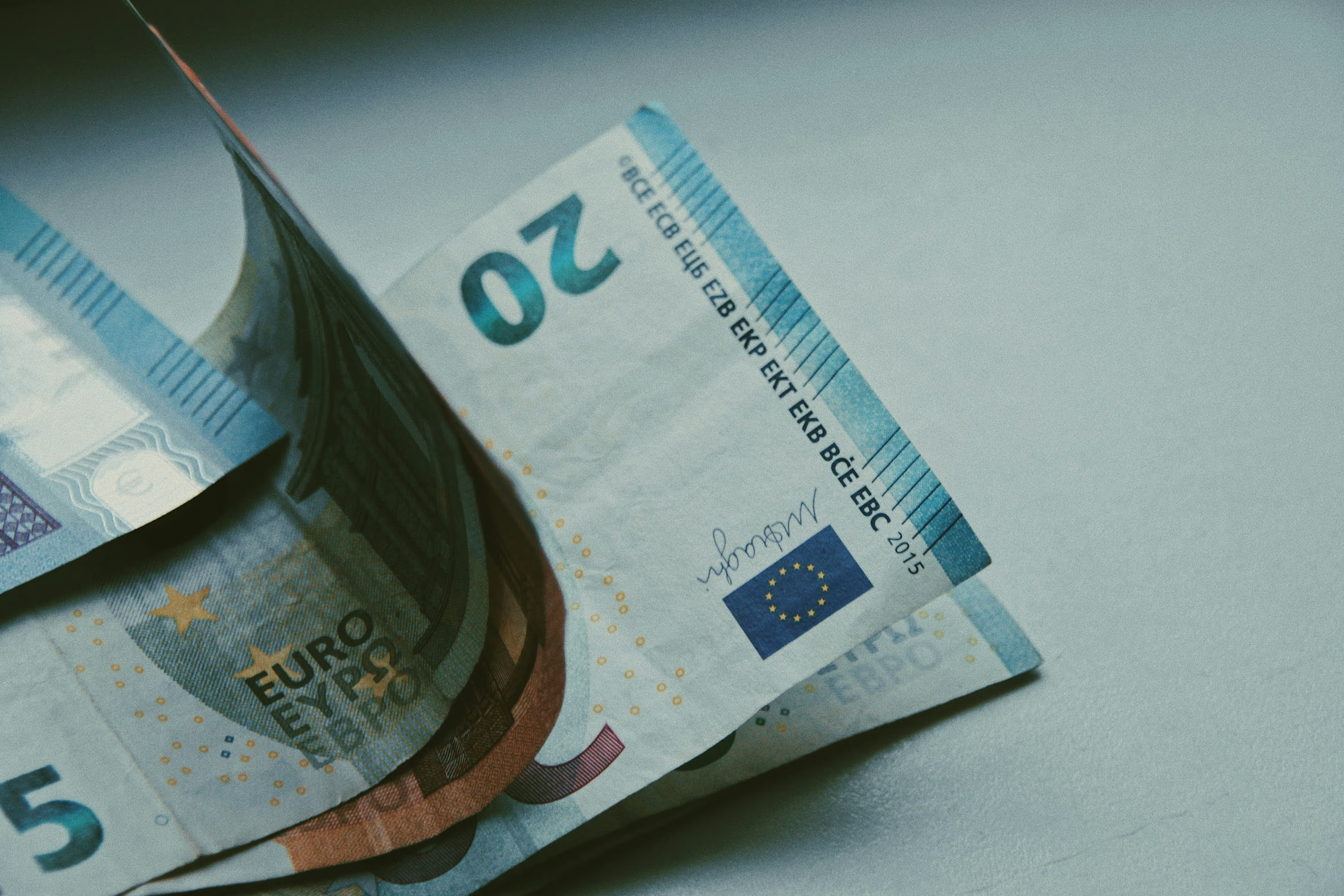Fixed deposit: Return on the safe side

Since 2022, many central banks around the world have raised interest rates at a historic rate. As a result, the fixed-term deposit, which was almost forgotten during the zero-interest era, experienced a revival. Find out how this form of investment works and what investors should consider.
What is a fixed deposit anyway?
Fixed-term deposits, also known as term deposits or term deposits, is a short to medium-term investment with a bank with a fixed interest rate for a predetermined period of time. During this period, the money cannot usually be withdrawn early. Unless there is a separate agreement with the bank. The interest rate is set at the beginning of the term and remains constant throughout the entire period, which is usually between one month and ten years. This means that the final return is known in advance and is not affected by interest rate fluctuations on the market. Interest can be paid in various ways. Either the interest is paid at the end of the term together with the repaid capital. Or the interest is paid out annually, half-yearly or at other agreed intervals.
The overnight money, which is also popular, must be clearly differentiated from fixed-term deposits. Because — as the name suggests — overnight money is available daily and therefore has no fixed investment period. In addition, the interest rate of this flexible form of investment can change at any time.
What are the advantages and disadvantages of fixed-term deposits?
In principle, fixed deposits are suitable for an amount that you want to “park” — i.e. not needed in the foreseeable future. However, a certain reserve of around three net monthly salaries (better six net monthly salaries for the self-employed) should be stored in a call money account as a “nest egg.” Daily allowance Although it doesn't yield quite as high interest rates, it has the advantage that you can access them at any time if you suddenly have unexpectedly high spending. Only when the nest egg is secured does a fixed-term deposit account make sense and can be used to build up wealth or as part of retirement provision. Anyone who wants to secure the current interest rate for a longer period of time in anticipation of new interest rate cuts can also use a fixed deposit. Investors should be aware of these advantages and disadvantages:
advantages:
- Safety: For anyone who values security, a fixed-term deposit account is a good choice. This is because it scores particularly well with stable interest rates and low risk. This is because up to an upper limit of 100,000 euros, fixed-term deposits are protected against loss in the event of bank insolvency. So-called deposit insurance systems can be used to protect deposits up to a certain amount if the bank becomes insolvent. However, they vary depending on the country, which is why fixed-term deposit investors, especially at foreign institutions, check their Deposit insurance should inform.
- predictability: In contrast to forms of investment such as overnight money, stocks, funds or ETFs, whose interest rates or returns can fluctuate significantly, fixed-term deposits are a very secure investment. Because as soon as the contract is concluded, the bank customer knows when he will receive which fixed-term deposit amount. This is particularly useful for larger, predictable investments.
Disadvantages:
- Comparatively low return: As with any form of investment, the following applies to fixed-term deposits: low risk, low return. And vice versa. The security of this type of investment comes at a price, meaning that investors sometimes achieve significantly lower returns with fixed-term deposit interest than shareholders, for example. Despite many stock market crises, the Dow Jones Index has achieved a historical average performance of around 9% p.a. The fixed-term deposit account won't be able to keep up with that.
- Inflexible: Anyone who has money left over that they will not need in the near future can consider fixed deposits as a deposit addition. However, the money is then also not available for the agreed period of time. This can lead to problems if unexpected events occur — such as termination or car damage. Individual banks offer early termination for fixed-term deposits, but then you get a significantly lower interest rate.
Secure a fixed deposit now?
Current figures (as of April 2024) some banks over three percent interest on fixed-term deposits with a 12-month term. On the one hand, however, these offers are often subject to conditions (only for new customers, maximum investment period, maximum investment amount...). On the other hand, this interest rate is just above the current inflation rate. This means that the invested money just barely escapes “capital destruction.”
One reason why, despite the comparatively low return, fixed-term deposits are still among the popular forms of financial investments in Germany Counts, is the well-known “German Angst.” While Americans, for example, do not regard stocks as objects of speculation but as tangible assets or company shares that belong in every portfolio, unfortunately, despite our better knowledge, German security often comes before returns.



